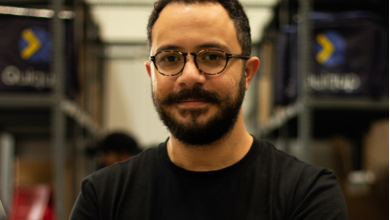With $5.25 M investment, Paywatch plans to expand its earned income access business across Southeast Asia

Paywatch, a South Korean, Malaysian, and Hong Kong-based earned wage access (EWA) service provider, has secured $5.25 in a preliminary fundraising round.
The investment was headed by Third Prime, a venture capital firm located in the United States, and unidentified family offices in Singapore and Hong Kong. Participants included SparkLabs, Won & Partners, and CTK Investments.
Paywatch will be able to scale in its current markets and expand into new Southeast Asian nations including the Philippines and Indonesia thanks to the funding investment.
Paywatch was formed in 2018 by two Korean brothers, Alex and Richard Kim, who were previously the Country Manager of MasterCard Prepaid and the Senior Vice President of HSBC in South Korea.
The company collaborates with companies and banks to offer workers immediate access to their earned money prior to payday.
“On-demand pay has seen meaningful traction in the US as a modern way for individuals to exercise greater control over their financial health,” said Michael Kim, Partner at Third Prime. “We see an enormous opportunity for Paywatch to use this model to democratize access to capital throughout Asia.”
This allows workers to avoid high-interest payday loans in the event of a financial emergency. Paywatch also acts as a financial bridge, connecting underbanked customers to banks directly.
The business claims to have partnered with five Asian financial institutions, including Malaysia’s Hong Leong Bank and South Korea’s Hana Bank. According to Bain & Company, roughly 55% of Malaysia’s adult population is currently underbanked or unbanked.
In certain markets, the proportion is significantly greater. According to statistics produced by the British research platform Merchant Machine in 2021, Vietnam, the Philippines, and Indonesia are among the top ten most unbanked countries in the world.
Paywatch joins other regional companies such as wagely, GajiGesa, and GIMO in doubling down on EWA to improve financial security for workers.
\





